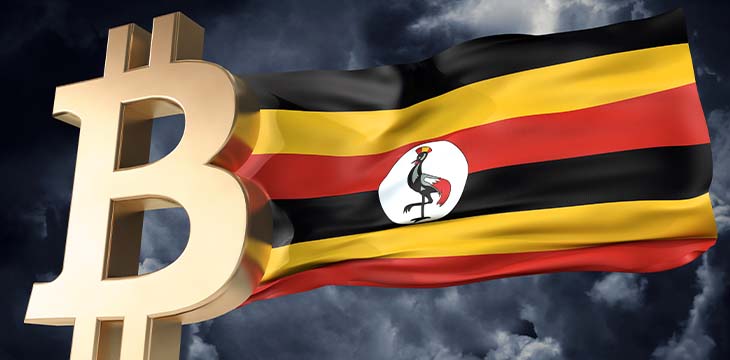|
Getting your Trinity Audio player ready...
|
Digital asset firms will now be able to participate in a regulatory sandbox operated by the Bank of Uganda. The regulator has invited the country’s top blockchain advocacy organization to work together and share knowledge on suitable digital asset integrations, a month after it barred financial institutions from facilitating Bitcoin transactions.
In a letter to the Blockchain Association of Uganda dated June 1, the bank stated that it welcomes the organization’s proposal to “share knowledge with our technical teams on the crypto business models and whether some use cases are eligible for testing under the regulatory sandbox.”
TMT REGULATORY ALERT: @BOU_Official has issued a circular to the @blockchainug in which it has expressed willingness to consider some crypto business models for testing under the National Payments Systems Sandbox Regulations & the @BoutiqueUganda Sandbox Framework. pic.twitter.com/JF6oOYOD2i
— KAA (Kampala Associated Advocates) (@KAAdvocates) June 2, 2022
The central bank launched the sandbox a year ago, in June 2021. At the time, it said that the initiative would “promote financial services innovation, attract capital and funding for fintech firms, and provide shared learning opportunities for the innovators and regulators.” It would target the promotion of electronic payments, digital financial services, and financial inclusion, it said. The announcement didn’t reference digital assets or blockchain technology.
The invitation to the sandbox comes just a month since the bank prohibited all financial institutions from engaging in or facilitating digital asset transactions.
In May, the bank’s director of national payment systems, Andrew Kawere, released a statement claiming that the bank had noted a rise in payment service providers who were facilitating digital asset transactions. Kawere prohibited such activities, reminding the institutions that the central bank hadn’t licensed any payments company to engage in digital currency transactions.
Digital currencies aren’t illegal in Uganda, however. Citizens can hold, sell, or buy Bitcoin as the regulations are ambiguous, just like in many other African nations.
Earlier this year, State Minister for Finance David Bahati noted that one of the biggest challenges for the government has been regulating entities that offer Bitcoin without getting the required licenses.
“The challenge is that operators of such schemes register as financial institutions but when they get on the ground, their operations are different,” he noted.
Watch: The BSV Global Blockchain Convention panel, Blockchain in Africa
https://www.youtube.com/watch?v=RzSCrXf1Ywc&t=9562s

 03-06-2026
03-06-2026 




